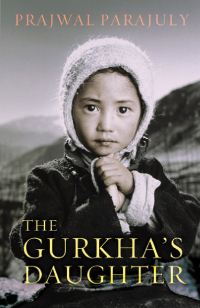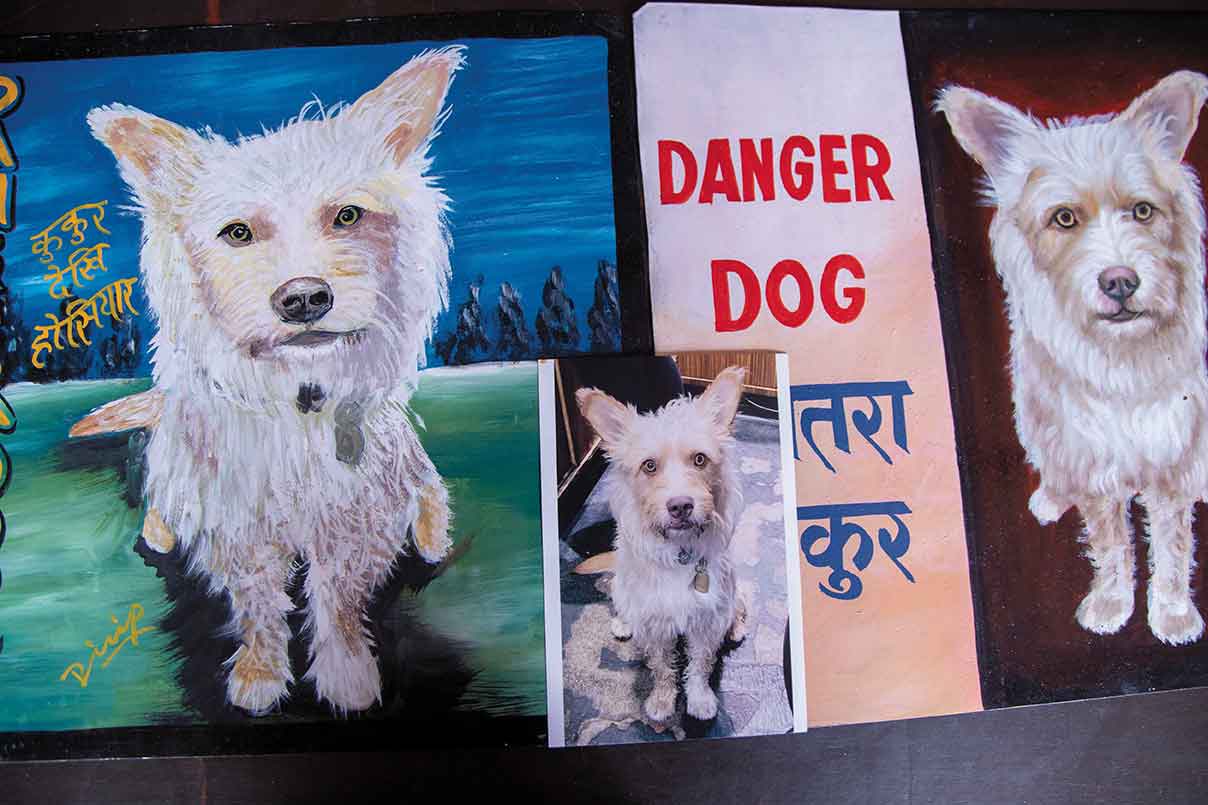It is hard for a Nepali to not speak of The Gurkha’s Daughter, a collection of short stories by Indian author Prajwal Parajuly,without relating to the author’s distinctly Nepali second name or to Gangtok, a region of India that has a strong Nepali community and where the writer was born. But Parajuly’s debut is not remarkable because of his name, but for his stories that explore the unremarkable but poignant nuances of life in towns he is familiar with, including Kathmandu.
Parajuly’s two-book deal with Quercus Books in September 2011 made news even before his books did. Quercus Editor-in-chief Jon Riley said of Parajuly’s work: “The colour and intensity of Prajwal Parajuly’s language, and the world he peoples his work with, make him an astonishingly accomplished young writer…”
Twenty eight years of age and enrolled at Oxford University’s Creative Writing Master’s Programme, Prajwal’s writing is not the wise-beyond-his-years type that often gets young authors noticed. In fact youth and all the colors of that age feature prominently in his stories. In A Father’s Journey, he talks about the changing relationship between a bookshop owner and his growing daughter. In Let Sleeping Dogs Lie, Parajuly crafts a story of a Muslim man whose popular convenience store is troubled by a light-fingered daughter of a prominent local so vividly that you almost see the shop’s facade and hear the landlord, a Mrs. Pradhan chiding the shopkeeper.
 It will be easy for Nepali readers to connect immediately to the instances the stories are built around – relatives visiting for Dashain, a mother pestering her daughter to marry a man of the same caste – but these are almost not important. Through these instances Parajuly shows that although the events and the context is local, the spectrum of emotions displayed by his characters is universal and thus relatable to anyone. Missed Blessing has a scene where a young man beats his young help into the ground out of frustration at something beyond his control. “… when I beat him, I felt less like a victim. The more he screamed, the less my pain became, the less I felt like I was suffering”, writes Parajuly, painting a picture so real, you don’t know whether to get angry at the character or to sympathize with him.
It will be easy for Nepali readers to connect immediately to the instances the stories are built around – relatives visiting for Dashain, a mother pestering her daughter to marry a man of the same caste – but these are almost not important. Through these instances Parajuly shows that although the events and the context is local, the spectrum of emotions displayed by his characters is universal and thus relatable to anyone. Missed Blessing has a scene where a young man beats his young help into the ground out of frustration at something beyond his control. “… when I beat him, I felt less like a victim. The more he screamed, the less my pain became, the less I felt like I was suffering”, writes Parajuly, painting a picture so real, you don’t know whether to get angry at the character or to sympathize with him.
By serving up ordinary slices of life, Parajuly manages an extraordinary feat that most young authors command from work produced much later in their careers: you’re kept wanting more, to witness one more day in the lives of the characters, to find out what happened after the story ends.
Copyright © 2013 By Prajwal Parajuly, 280pp. www.quercusbook.co.uk, ISBN 978 1 84866 275 9 (HB), ISBN 978 1 78087 295 7 (EBOOK)










